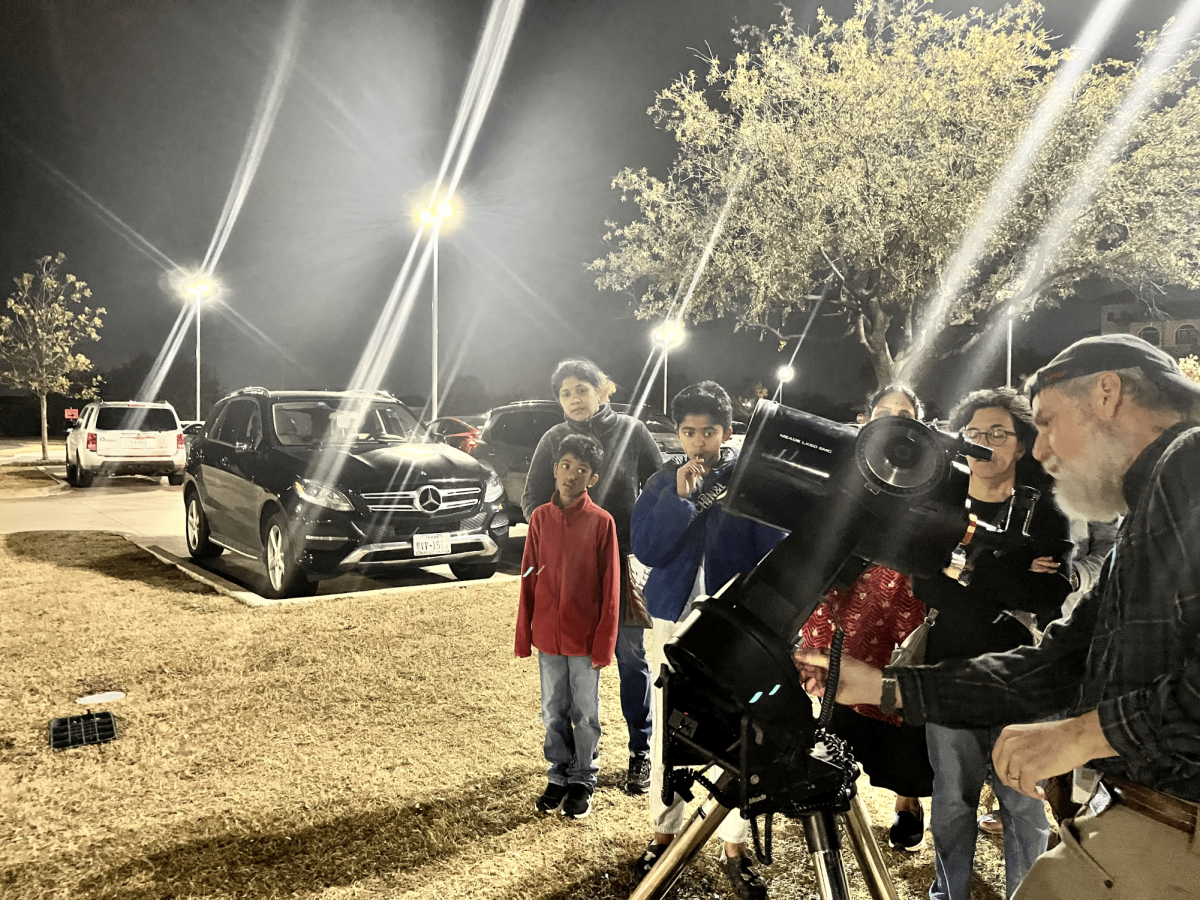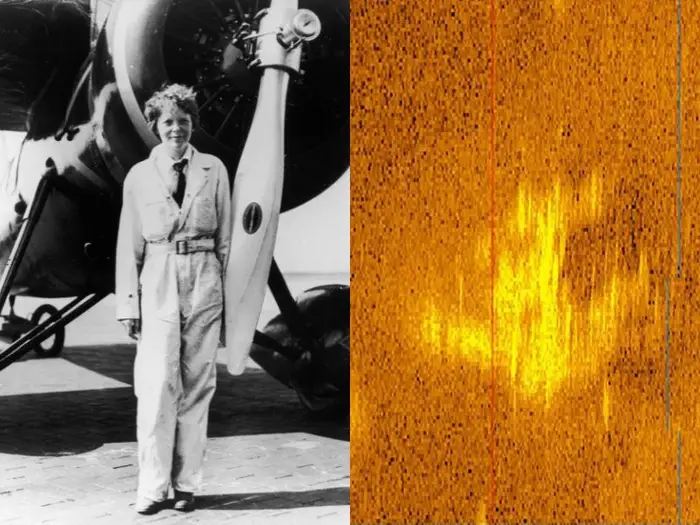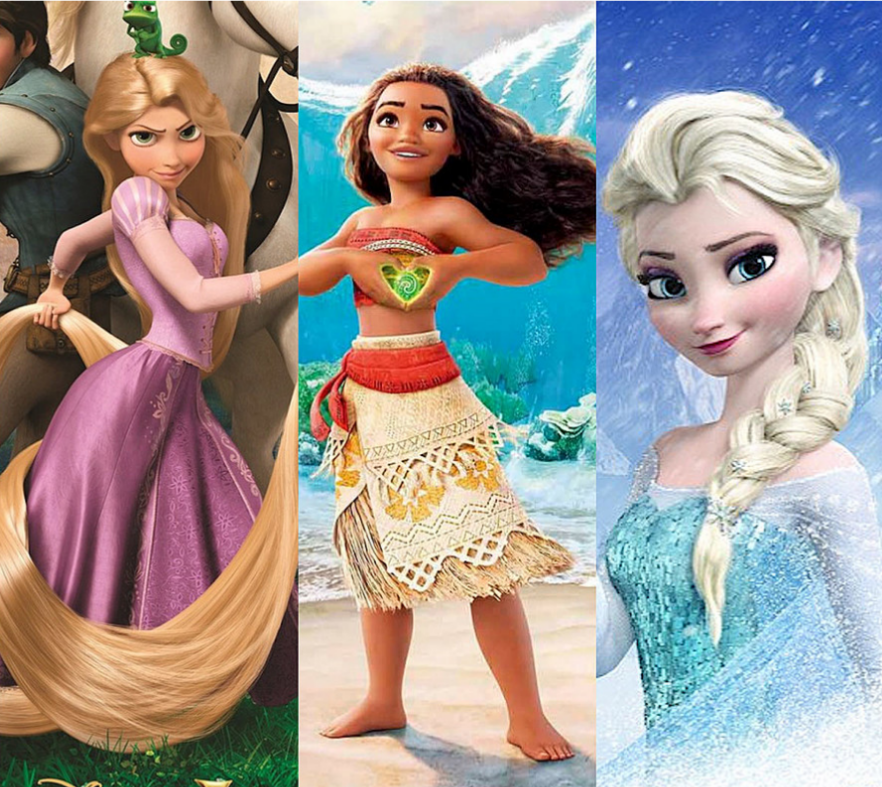Just over 51 years ago, “Willy Wonka and the Chocolate Factory” (1971) debuted on the silver screen. The story, made famous by its original writer Roald Dahl, resonated with audiences across the globe and inspired a new generation’s adaptation of the tale.
The newest version of Dahl’s story, “Wonka”, featuring Timothee Chalamet, released in theaters on Dec. 15, 2023, and is continuing the tradition.
Through each of the releases,It stayed socially relevant, while also emphasizing the importance of being honest, humble, and hardworking.
Although the movies included these core values, each version demonstrates a different take on the Willy Wonka character.
For example, the 1971 version, called “Willy Wonka & the Chocolate factory”, played by Gene Wilder, projects him as a very narcissistic, flamboyant, arrogant, and stubborn character. In this version, he symbolizes the danger of greed through his maximalist lifestyle, and need for validation.

Conversely, in Tim Burton’s 2005 version, named “Charlie and the Chocolate Factory”, Wonka, played by Johnny Depp, features him as more of a whimsical, eccentric, childish character who harbors a disdain for parents. The story represents how his tumultuous childhood made him who he is. Instead of Wonka, in this film, the children each embody different facets of greed and how it can lead to one’s downfall.
“Wonka” explores more of the title character’s background and takes more inspiration from the book. He is represented as a character who is aspirational, innocent, and successful despite the odds. This version gives more dimension to the character and an explanation for how his character behaves in the previous two versions.
This current adaptation is so far a box office hit, grossing about $150 million worldwide.
The revenue is an accurate representation of the quality of the film, as it proves to be an exemplary representation of Wonka.
In this regard, the casting was exceptional. From Chalamet bringing a goofy, naive, and hopeful perspective on Wonka’s younger self, to Hugh Grant’s dynamic portrayal as a sneaky oompa loompa, the actors elevate the production.

Additionally, the colorful costume design used in the movie did a breathtaking job at capturing Wonka’s dramatic nature and his individuality. It sets him apart from other people and adds to his escapist personality.
Willy Wonka from “Wonka” (2023) is captured daydreaming about becoming a ‘chocolatier’ in a red trench coat, top hat, and trousers. (Warner Bros.)
However, the movie falls short with its musical numbers. The songs in the movie lack memorability and quality, especially when compared to the originals. Additionally, the singing sounds mediocre at best and heavily autotuned in some parts, which in turn brings down the believability of the film.

Regardless, the film redeems itself by effectively weaving in heartfelt moments with jokes. The movie uses dry humor which is carried by Chalamet’s delivery. Along with this, it manages to make audiences feel moved with the depiction of Wonka’s childhood as an orphan and his struggle with maintaining the chocolate factory to free him and his friends from a life of poverty.
Symbolism also plays a large role in the film. When Wonka is forced to take one step forward and two steps back it represents how he stays determined regardless of the obstacles that face him, and that as someone who has no money his ladder to success is much steeper. The theme of the rich prevailing over the poor is heavily referenced in the movie, it brings a unique perspective on privilege and how that plays a big role in Wonka’s life and his central goal to bring happiness to everyone.
Despite his struggles, the film shows audiences hard work pays off. This idea is used to reference the 2005 version’s character, “Charlie”, who is the only hard working character and the only one who is unaffected by the sweets.
“Wonka” proves how remakes and sequels have the potential to flourish, the film marks itself as an endearing, well-executed, and magical production that people of all ages can enjoy.













